
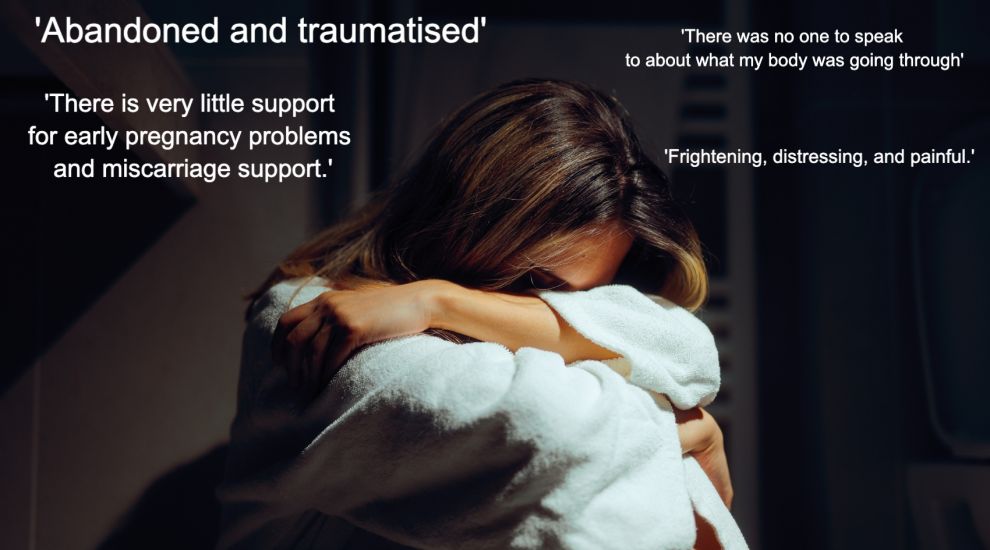

Health experts and charity leaders are calling for urgent action to address shortcomings in care for those who have suffered a miscarriage after some women reported feeling "abandoned and traumatised" by their experiences.
The Women’s Health and Wellbeing Assessment, which surveyed over 1,650 islanders, revealed that many women feel unsupported during and after miscarriage.
A lack of private facilities coupled with long delays for counselling were identified in the report as areas in which care for affected women was falling short.
The report defines miscarriage as the loss of a pregnancy before 24 weeks, estimating that 200 to 250 pregnancies are affected annually in Jersey — with UK figures indicating that one in seven pregnancies end in miscarriage.
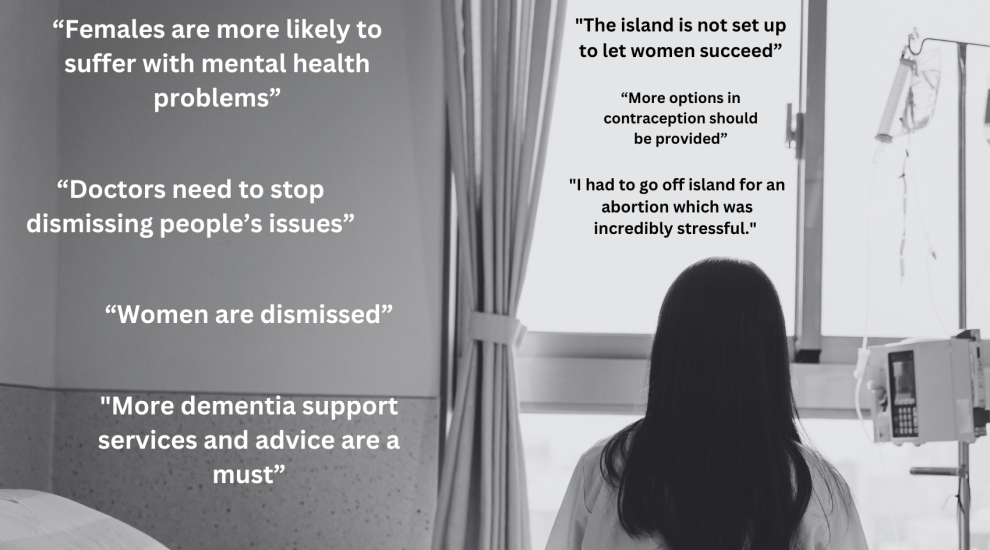
Picutred: The island's first-ever Women's Health and Wellbeing Assessment found that "systemic gender inequalities" are putting women and girls in Jersey at "a greater risk of poor health".
The stigma surrounding reproductive health was identified in the report as a key barrier to adequate support.
It read: “Societal attitudes toward reproductive health, including miscarriage… leave many women without adequate care and support.”
However, participants in the health assessment have also described feeling “abandoned and traumatised by their experiences”.
Some women responding to the survey also highlighted how the emotional and physical toll of miscarriage had been compounded by “delays in service provision,” “financial burdens”, “shortcomings in mental health support”, and the lack of structured follow-up care.
“Support following miscarriages was seen as minimal, with many reporting long waits for counselling, with some waiting up to six months before being seen by services like Talking Therapy,” the report continued.
"The absence of structured follow-up care pathways left women to navigate their grief and recovery on their own."
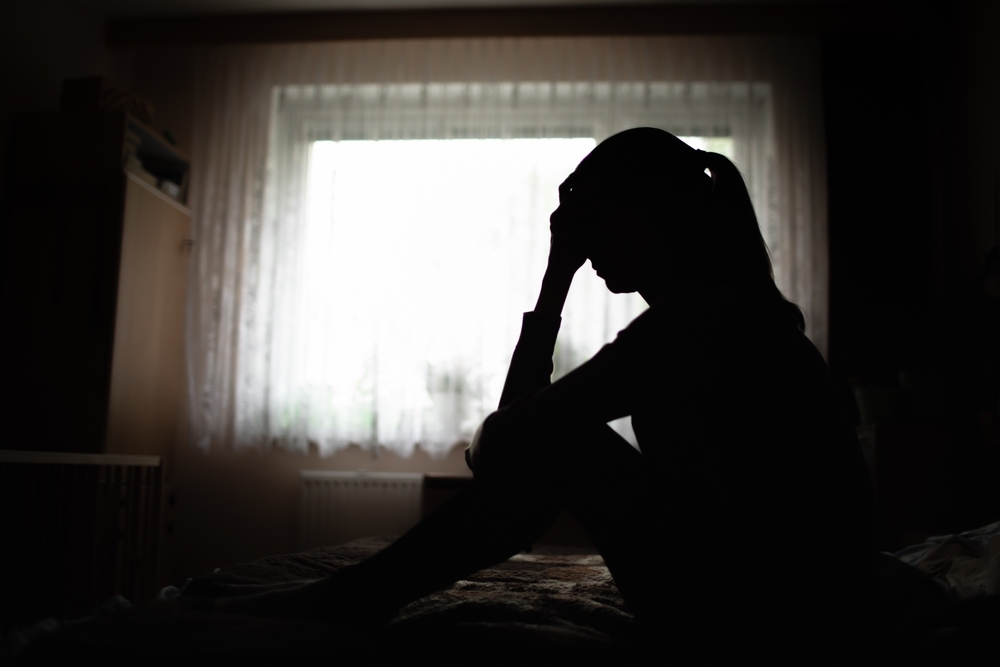
Pictured: Survey respondents felt that topics such as miscarriage are still stigmatised, leaving many women without the care and support they need.
One woman, who was described as being aged between 35 and 44, described her experience as frightening and isolating: “There was no one to speak to about what my body was going through, which was frightening, distressing, and painful.”
Another commenter, this time in the 55-64 age group, added: “There is very little support for early pregnancy problems and miscarriage support.”
Some of the current challenges in miscarriage care are linked to the loss of Jersey’s dedicated gynaecology ward, which was established in 1991 but later repurposed due to funding cuts in the late 1990s and early 2000s.
The ‘Rayner’ ward, which provided private, sensitive care for women experiencing pregnancy complications, was converted into a general surgical unit shortly before the pandemic.
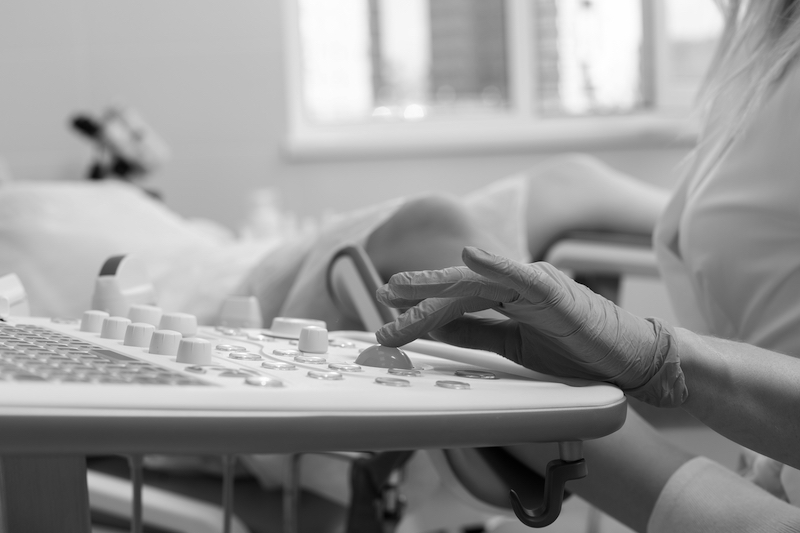
Pictured: A dedicated gynaecology ward was introduced in Jersey in 1991 to provide privacy and specialised care to those experiencing abortions, miscarriages and other gynaecological issues.
Among those to decry the "lost" ward was Neil MacLachlan MBE – a Consultant Obstetrician-Gynecologist for the States of Jersey for over 30 years – who shared concerns about the ability to provide "sensitive care" in what he described as a "suboptimal environment”.
“Most modern hospitals have a dedicated early pregnancy unit with quiet rooms for counselling and breaking bad news,” he said. “Rayner Ward used to have this, with gynaecology nurses in attendance. A woman may need her own private side room if she is bleeding and cannot be managed at home, but sadly the hospital currently lacks enough of these.”

Pictured: Rayner Ward was merged with Portelet Ward to become the 'Surgical Floor', a 26-bed general surgery ward.
Following such calls, the government announced just last month that a dedicated gynaecology ward where sensitive matters could be dealt with in privacy would be reintroduced in 2025.
Mr MacLachlan MBE praised the re-opening of Rayner Ward as "wonderful news” — and said that he hoped that “facilities for treating miscarriage will be very much part of that”.
“The loss of a pregnancy stays with a person forever,” he said. “It is so important that we, as healthcare providers, get it right the first time.”
“When women present in pregnancy, sometimes they turn up for their scan expecting to see a baby with a heartbeat. Sadly, the person doing the scan may have to deliver the devastating news that the pregnancy has ended. The swing from elation to despair often happens in mere seconds, and the distress is profound.”

Pictured: Mr Neil MacLachlan MBE FRCOG is a Consultant Gynaecologist at The Lido Women’s Health Hub.
Dr MacLachlan said that such losses are particularly traumatic for those who have undergone years of fertility treatment or experienced previous miscarriages.
“The importance of having suitable facilities and staff cannot be understated,” he said. “Not only is it a basic requirement of any gynaecology service to have suitable facilities and staffing, but it is also important that women can have access to follow up counselling.”
But in-hospital facilities are only part of the picture.
Jo Nash, founder of bereavement charity Philip's Footprints, told Express of the importance of wrap-around home and emotional care during early pregnancy loss.
“In our experience, when women are experiencing the early loss of a pregnancy, they prefer the privacy and sanctuary of their own home where they can feel most comfortable," she said.
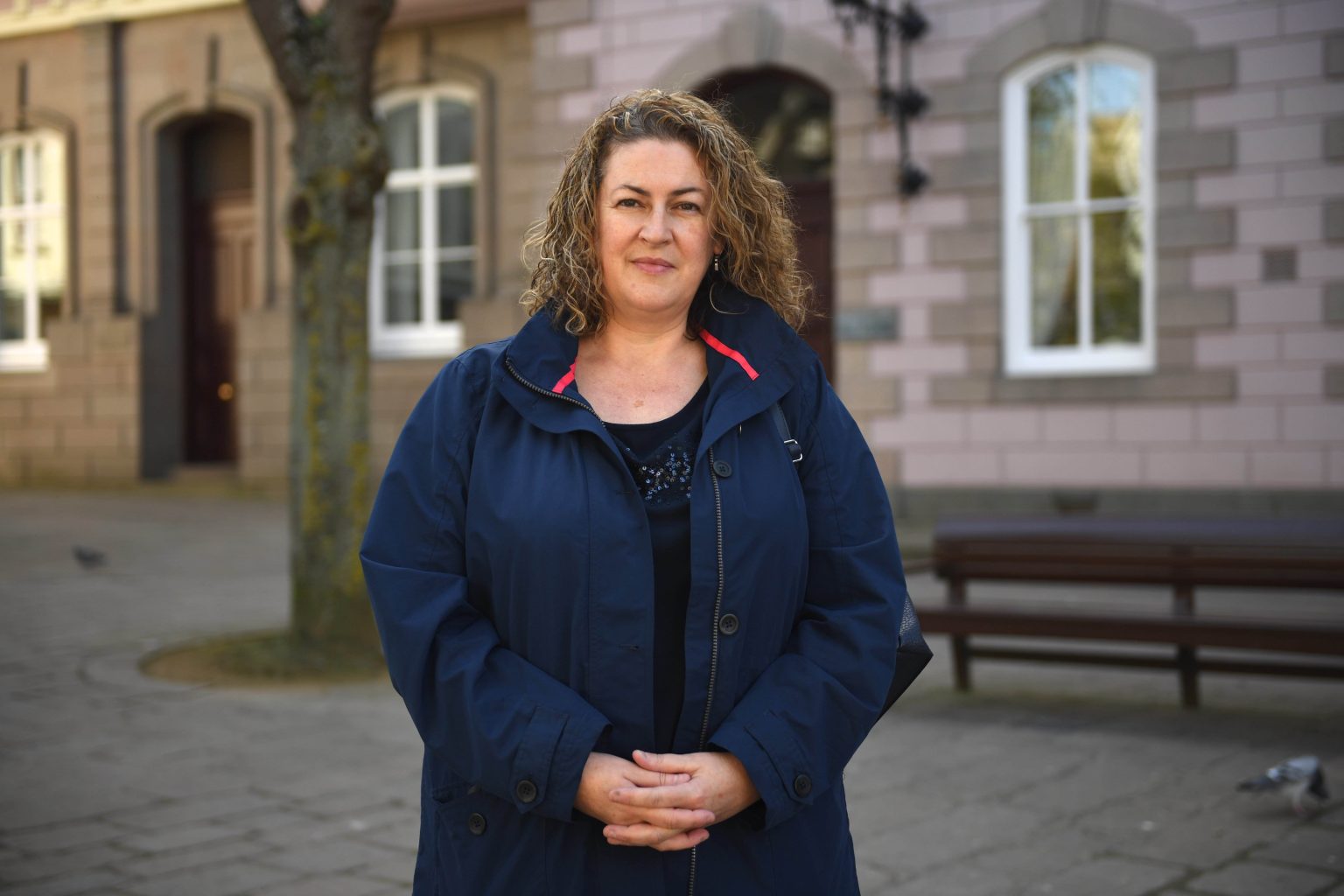
Picutred: Jo Nash of Philip’s Footprints.
Over the past two years, Philip’s Footprints has provided more than 200 memory boxes to families experiencing early loss and funded 80 places on a pregnancy and baby loss bereavement care course. The charity is also working to develop an online forum to provide additional support to bereaved families.
Ms Nash added: “Whilst there are some excellent staff who support women experiencing pregnancy loss with great care and compassion, we are aware that this is an area for improvement.”
“We wholeheartedly believe that patient care should not be just about physical care but also the emotional care of the patient and consideration of the impact the experience is having on them," she added.
The report recommended that the Health service take several measures to address these issues, including enhanced funding, dedicated private counselling spaces, more clinics across different locations, flexible appointment times, and improved digital access for bookings.
Expanding trauma-informed training for healthcare professionals was also suggested to improve support for patients.
But exactly when these will become a reality for those dealing with a miscarriage is not yet clear. Express has contacted the Government for comment.
DIGEST: New report uncovers "systemic gender inequalities"
"We owe it to all our women and staff to have this precious resource back again"
FOCUS: Jersey's "lost" gynaecology ward
FOCUS: Shelved Women's Health Strategy just the "tip of the iceberg"
Comments
Comments on this story express the views of the commentator only, not Bailiwick Publishing. We are unable to guarantee the accuracy of any of those comments.